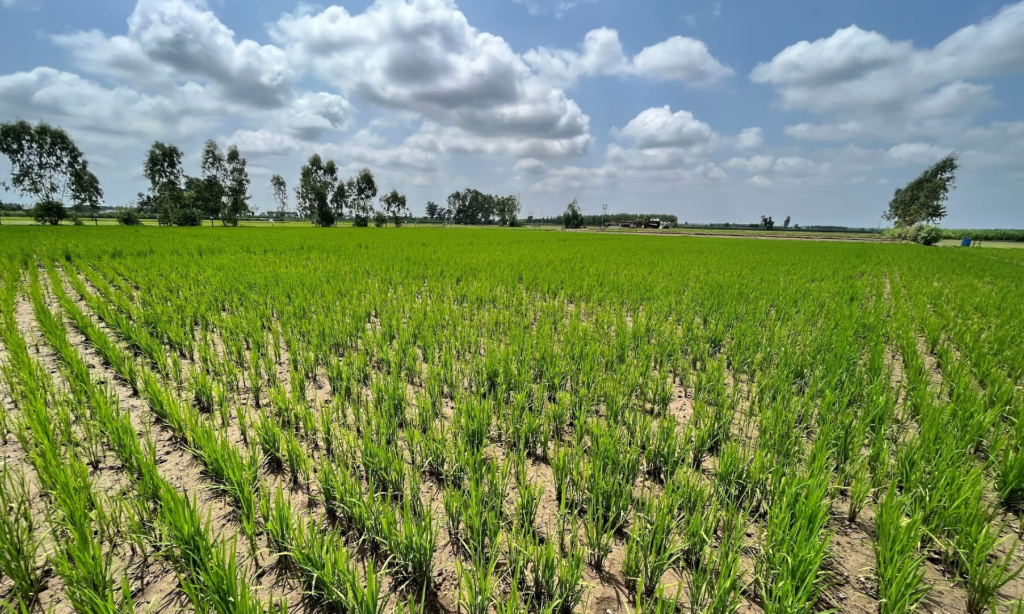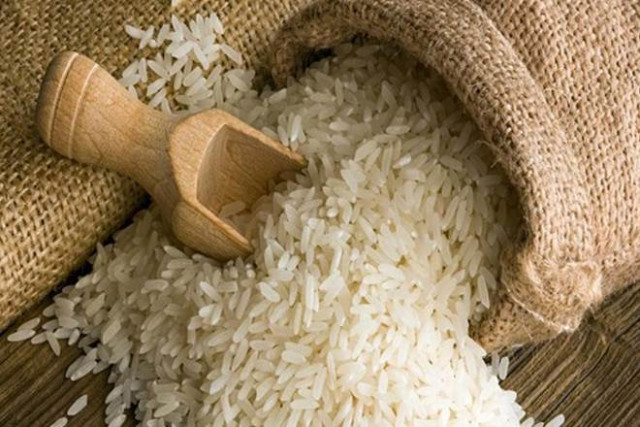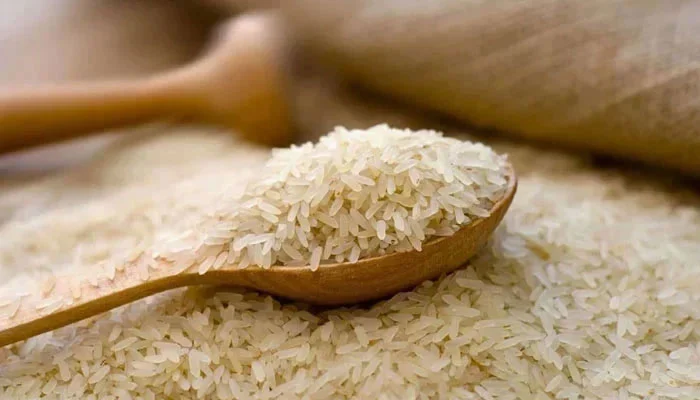Tags
Bayer, GenZero, Shell Partner to Reduce Rice Cultivation Methane Emissions

Bayer, GenZero, and Shell Energy India Private Limited are developing a model that will display the scalability of methane emissions reduction in rice cultivation.
The project aims to set standards for rice decarbonization through training, support, and guidance for smallholder farmers and the implementation of measurement, reporting, and verification mechanisms.
Paddy rice cultivation accounts for about 10% of global methane emissions, a greenhouse gas with a global warming potential over 27 times greater than carbon dioxide. Further, rice cultivation consumes about a third of global freshwater, and rice farms use about 15% of the world’s farm area. Attempts to decarbonize rice cultivation have therefore increased in recent years. For instance, Kellogg recently began a $2 million program that, similar to the project at hand, aims to help farmers reduce their greenhouse gas emissions.
By using nature-based solutions to help reduce emissions and by engaging in a public-private partnership, the project can help enhance the overall productivity and sustainability of the agricultural sector.
“Nature-based solutions, like this rice cultivation project, are an important additional tool in addressing climate change and contributing to sustainable development,” said Flori Ji, president of nature-based solutions at Shell. We look forward to the outcome of this program to further strengthen capabilities and leverage novel technologies to deploy nature-based solutions at scale.”
In order to assess the credibility and scientific accuracy of greenhouse reductions achieved by the project, the International Rice Research Institute will conduct scientific assessments throughout the project’s development and execution.
Extension of Bayer’s Sustainable Rice Pilot Project
In the past two years, Bayer has initiated its Sustainable Rice Project across India, a pilot aimed to encourage rice farmers to switch from continuously flooding fields to alternate wetting and drying (AWD). AWD uses controlled and intermittent flooding and direct seeded rice that does not require transplanting and only uses limited flooding.
In its first year, the program plans to scale up coverage to 25,000 hectares of rice cultivation.
“Bayer’s commitment to rice cultivation is two-fold,” said Simon-Thorsten Country divisional head of crop science for Bayer for India, Bangladesh, and Sri Lanka. “Through our focus on rice, we want to solve two of the biggest challenges impacting humanity, namely, food security and climate change. With this program, we aim to get more insights into how regenerative agricultural practices can contribute to mitigating climate change by way of methane emission reductions, water conservation, soil health improvements and drive sustainable development of smallholder farmers.”
Beyond greenhouse gas reduction, the program is also expected to increase water savings, improve soil health, and overall enhance community livelihood for smallholder rice farmers. The project should extend and amplify Bayer’s preexisting efforts and promote wide-scale adoption of these sustainable agricultural practices.
https://www.environmentalleader.com/2023/08/bayer-genzero-shell-partner-to-reduce-rice-cultivation-methane-emissions/Published Date: August 22, 2023





